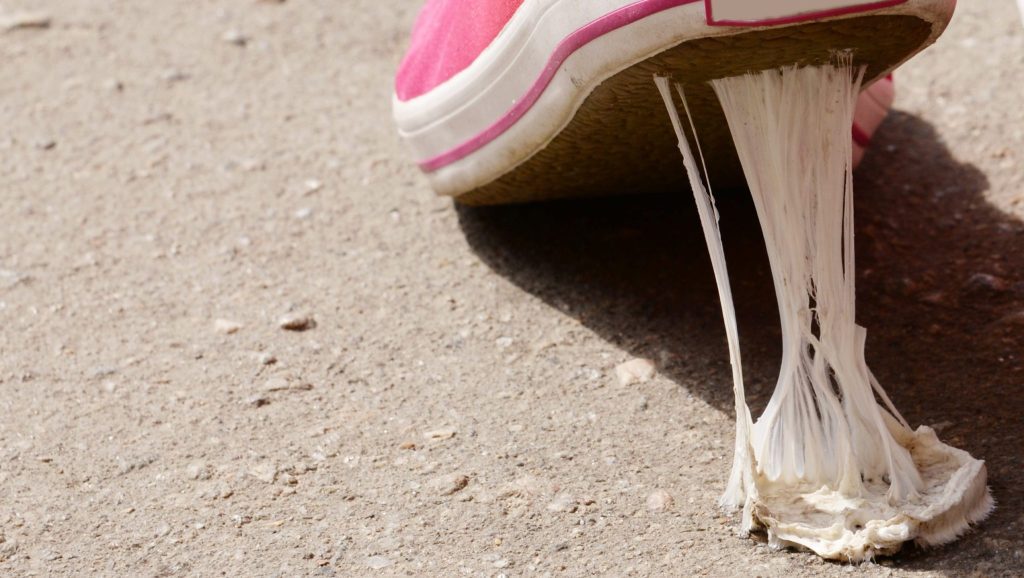If you’re concerned about your credit score, you probably want to know if you have any debts in collections. Having debt in collection can badly harm your credit score. And the damage can multiply if unaddressed.

Creditors often report debts to credit agencies but do not seriously attempt collection on the debt. You may believe that you have paid a bill in full, either a utility (like T-Mobile or PEPCO) or a closed credit card or other account. But your credit report may nonetheless show some final or otherwise unpaid charges as a debt in collection.
A debt in collection can be especially painful to discover if you weren’t even aware of the debt in the first place. So how do you find out if you have a debt in collection?
Check your credit report
The best way to figure out if you have any debt in collection is by simply running your credit report. If you haven’t run one in a while, also obtain your credit score, even if you have to pay a little for it. Be sure not to sign up for a costly monthly subscription or credit monitoring service in the process.
If you have any unpaid debts in collection, you should be able to see them in your credit report. Check your personal records to verify the debt is valid. Look at both the creditor’s statements and your bank statements or expense records. Pay any unpaid valid debts quickly. Aggressively dispute paid or otherwise inaccurate credit report items.
Alas, there are times when the debt in collection won’t appear on your credit report at all, at least immediately. Different creditors report different debts to the different credit bureaus. Sometimes, the collection account may be reported after you request your report. Vigilance is key, especially in the weeks immediately following closure of an account.
Contact the creditor directly
To avoid an item appearing on your credit report at all, be proactive. If you are not sure that you have paid a debt in full, go directly to the creditor. Call the bank or utility or credit card company and request a statement showing a zero balance.
Final charges, especially from utility companies, often come as a surprise. And because you may have changed your address, sometimes the first notice you receive is when you run your credit report.
Contact the company and verify that you will incur no further charges beforehand. Pay any outstanding balance promptly. You can thus have your previously-reported on-time payments to the creditor remain untarnished on your credit report.
Address your debt in collection
If you discover that a creditor has reported a debt to the credit bureaus, address the situation immediately. The more quickly you can resolve the debt, the less effect it will have on your credit score.
Most often your credit report will provide you with all of the information you need to either settle or dispute the debt.
Dig in with your creditors, lender and utilities when terminating a relationship. Verify payment in full soon (within a few weeks) after you close any credit account.
Request a copy of your credit report at least once every six months. Bills that you may have forgotten may be reported (or misreported) if you do not take the time to take a look.
Small debts can affect your credit in major ways. If you have a debt in collection, address it as quickly as possible.
